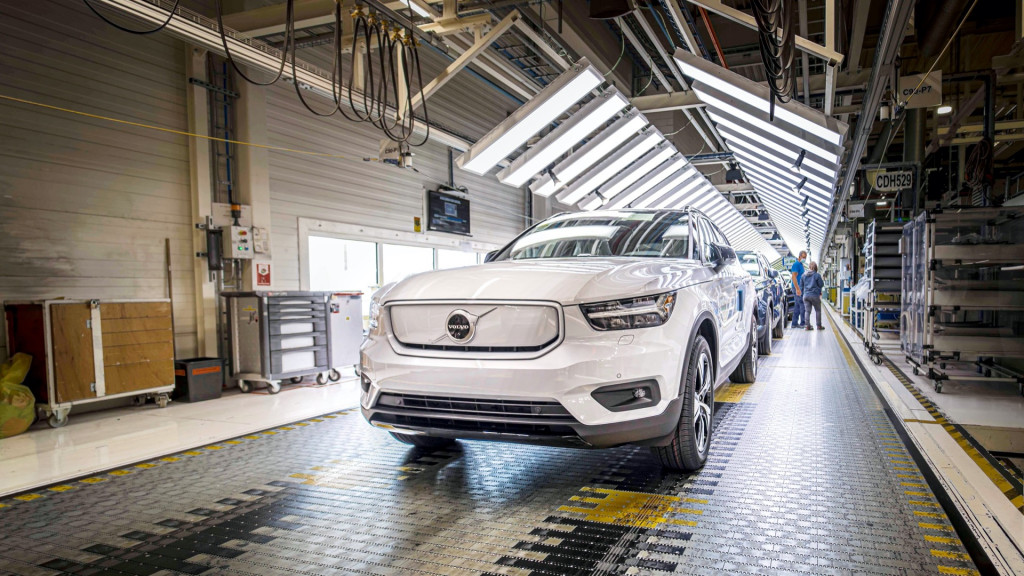A ban on gasoline cars will be more effective than the current practice of electric-car incentives, Volvo CEO Håkan Samuelsson told a Financial Times conference earlier this week.
“No one can build a successful and profitable business by relying on incentives,” Samuelsson said. "While temporary incentives can help encourage industry to develop in the right way, it could be more efficient for governments to set a clear agenda towards an electric future.”
With the United Kingdom confirming plans to end sales of new non-hybrid gasoline cars by 2030, and California planning to phase out sales of new internal-combustion vehicles by 2035, sales bans have become a much more real possibility. But this is the first time the CEO of a global automaker has come out in support of them.
It's an unusual position for the CEO of an automaker operating in multiple markets. Those in such a position generally try to toe a line between markets with much regulation versus others with very little.

2021 Volvo XC40 Recharge goes into production
For the time being, most new Volvo models will still have internal-combustion engines—as part of plug-in hybrid powertrains.
Volvo recently dropped the prices of its plug-in hybrids to boost sales, and has started masking its tailpipes, in an effort partly intended to take the focus away from the internal-combustion component.
It's also rolled out a plan in the United States that will pay plug-in hybrid drivers for the electricity they use. That's to help ensure owners actually plug in, unlocking the full emissions benefit of plug-in hybrid powertrains, and acclimating owners to electric driving.
Volvo's first fully-electric vehicle is the XC40 Recharge, arriving in early 2021. However, the mechanically similar Polestar 2 is already on sale through Volvo's new EV sub-brand.
